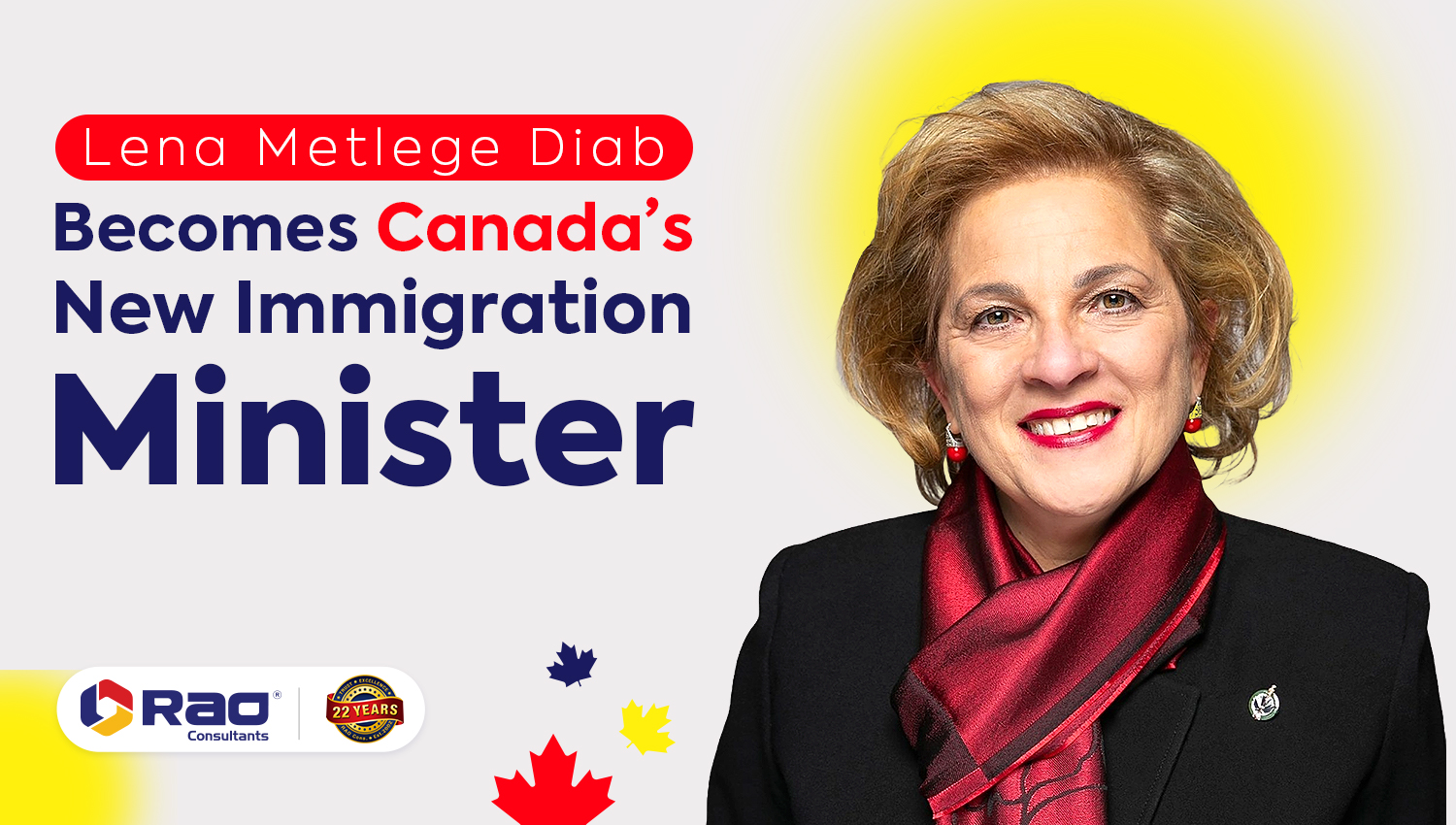News


admin
February 12, 2024
Canada Surpasses Immigration Targets in 2023: Key Figures and Future Plans
Introduction:
- Canada welcomed 471,550 new permanent residents in 2023, exceeding the target set in the Immigration Levels Plan 2023-2025.
- The figure represents an increase of 33,950 over 2022’s intake of 437,600 permanent residents.
Immigration Levels Plan and Future Targets:
- The Immigration Levels Plan 2023-2025 aimed for 465,000 permanent residents, showcasing Canada’s commitment to immigration.
- IRCC plans to welcome 485,000 new permanent residents in 2024, with targets reaching 500,000 in both 2025 and 2026.
Temporary Residence Applications:
- Work permits saw 1,646,300 finalized applications, a notable increase of 503,330 from 2022, covering both Temporary Foreign Worker and International Mobility Programs.
- Study permits also experienced growth, with 1,089,600 finalized applications, marking a year-over-year difference of 171,700.
Canadian Citizenship:
- 293,000 newcomers became Canadian citizens between April 1 and December 31, 2023, reflecting a rise of 13,900 compared to the same period in 2022.
IRCC’s Current Backlog:
- As of December 31, 2023, 2,221,100 applications were in inventory at IRCC, with 949,500 considered in backlog.
- IRCC’s mandate is to process 80% of immigration applications within service standards, with specific standards for different types of applications.
Backlog Breakdown:
- Permanent residence applications constitute 702,000 of the total inventory, with a backlog of 308,900, indicating that 44% have not met service standards.
- Temporary residence applications, including work permits and study permits, make up 1,257,000, with 590,800 in backlog.
IRCC’s Measures to Reduce Backlog:
- IRCC is implementing measures to reduce the backlog, prioritizing processing for healthcare and agriculture worker permits.
- The tech talent strategy expedites processing for foreign workers in demand in tech occupations.
- Online portals for permanent residence applications, application status trackers, and an online process for citizenship applications are aiding in faster processing.
Conclusion:
Canada’s immigration system is demonstrating resilience and adaptability, surpassing targets and implementing measures to manage backlogs effectively. The nation remains committed to maintaining a robust and inclusive immigration policy.
You May Also Like

Canada’s Proposed Citizenship Bill: A Landmark Opportunity for the Global Indian Diaspora
Canada is once again reaffirming its image as one of the world’s most inclusive and forward-thinking nations with a historic new bill—Bill C-3, introduced on June 5, 2025—that seeks to restore and expand citizenship rights, especially for those known as the “Lost Canadians.” This reform, if passed, is expected to have a far-reaching impact, particularly […]
Read More
Lena Metlege Diab Becomes Canada’s New Immigration Minister
Lena Metlege Diab has been appointed as Canada’s new Minister of Immigration, Refugees and Citizenship. The announcement was made on May 13, 2025, as part of a cabinet change by Prime Minister Mark Carney. Diab takes over from Rachel Bendayan, who briefly held the role after Marc Miller. This new position puts Diab in charge […]
Read More
Anita Anand Becomes Canada’s First Hindu Woman Foreign Minister: A Big Step for India-Canada Relations
Anita Anand has made history by becoming Canada’s new Minister of Foreign Affairs. She is the first Hindu woman to take this important role, showing how Canada is becoming more diverse and inclusive. Her appointment could also help improve the relationship between India and Canada. Her Journey in Politics Before entering politics, Anita Anand was […]
Read More